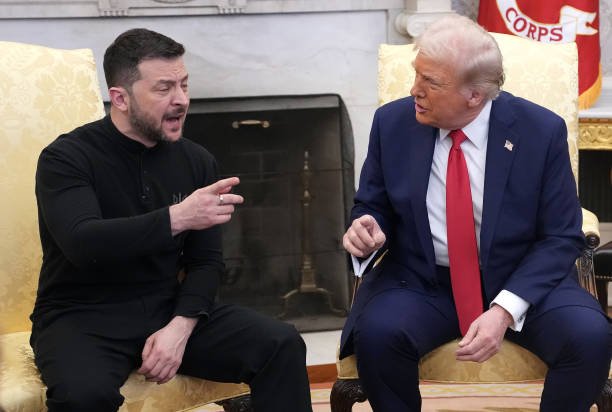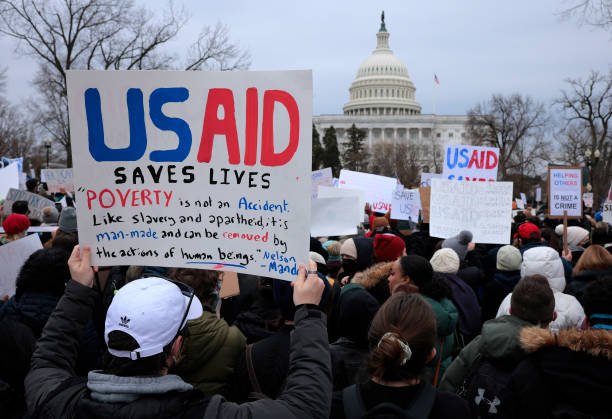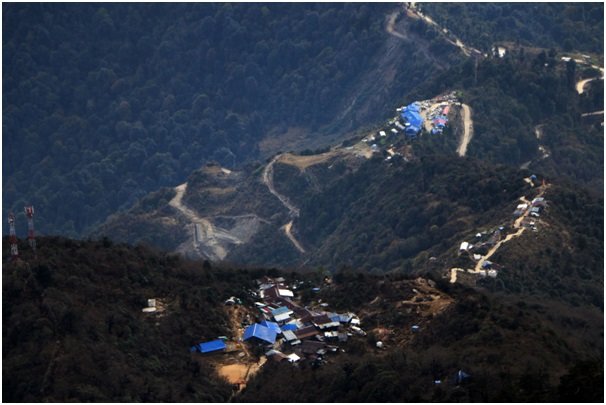Energizing Nepal's Political Sphere: Empowering the Youths for Change
_5Ox24xPWl6.jpg)
Nepal, a nation amid transformation and development, stands at a point where the involvement of its youth in politics is of paramount importance. With a substantial youth population (about 40% of the age group 18-40 years), Nepal possesses a unique opportunity to harness the energy, fresh perspectives, and innovative ideas that young politicians bring to the political arena. In a country filled with challenges, ranging from unemployment, poor infrastructural development, geopolitical conditions, and climate change, the active participation of youth in politics can serve as a catalyst for positive changes. Youths can take the lead in tackling the ongoing crises the country is facing and can spread hope among people with the agenda of transparency, accountability, and anti-corruption measures.
Politics in Nepal is often depicted as a "dirty game" among the youth. Even if a youth is interested in politics from an early age, there was a stereotype that they should start politics from student unions. Upon reaching party levels, it would take them decades. This might have been a reason why youths were uninterested in politics back then. But now it’s the time to advocate for youth involvement in present politics. One of the primary reasons for advocating youth participation in politics is the infusion of new ideas. Young people, often untethered by conventional thinking, bring a dynamic and forward-looking approach to addressing longstanding issues. Their exposure to global trends, coupled with their tech-savvy and innovative nature, enables them to propose innovative solutions that can resonate with the younger generation and bridge the gap between traditional governance, often led by the same 3 or 4 politicians and modern realities. As the new Mayor Balen Shah challenged the status quo back then, he truly showed all Nepalese what a Mayor of a Metropolitan city is capable of doing if approached properly. Similarly, we have witnessed the rise of several other Parliamentarians like Gyanendra Shahi of Rastriya Prajatantra Party (RPP) and a few other MPs from Rastriya Swatantra Party (RSP) who are showcasing their advocacy skills to represent people's voices in the parliament.
Unemployment, a significant concern in Nepal, requires novel strategies for mitigation. Many youths have traveled to Gulf countries in search of proper job opportunities as Nepal lacks sufficient employment opportunities within its boundaries. Once a student completes high school level, he/she will often have the urge to leave the country in search of better opportunities in countries like the UK, USA, Canada, Australia, and other European countries. Nepal may have the highest rate of Brain Drain as most of its educated youths have left the country in search of better opportunities elsewhere. To address these issues as well, youth must come to policy levels. Additionally, youths, being the most affected demographic, possess a firsthand understanding of the challenges faced by job seekers. Their participation in policy discussions can lead to the creation of targeted employment initiatives, skill development programs, and entrepreneurship opportunities that align with the aspirations of the youth. By involving them in decision-making processes, Nepal can better tailor its policies to ensure the economic empowerment of its younger citizens. The traditional politicians of Nepal are often not even aware of the technological advancements that the past couple of years have witnessed. Without proper information on technical matters and their impact on the country's economy, we cannot expect much from them.
Beyond specific issues, the involvement of youth in politics has the potential to rejuvenate the democratic process itself. Youths are often disappointed with politics due to feelings of marginalization and a lack of representation, but with their involvement, young people can find renewed faith in the system by actively participating. Their presence can fill the political landscape with vitality, diversity, and authenticity, resonating with a broader spectrum of society. This enhanced inclusivity can bridge the gap between generations, fostering a sense of unity and shared purpose.
In the context of Nepal, where political engagement has historically been characterized by older generations, but where revolutions and protests were successful due to the active participation of youths and student unions, the transmission of leadership to youths and youth involvement can introduce a much-needed shift in leadership dynamics. The insights and priorities of young individuals can reshape the policy agenda to reflect the aspirations of the entire population. Moreover, exposure to the details of governance at a young age can nurture future leaders who are well-equipped to steer the country towards sustainable development and the double-digit economic growth that is a must to boost up Nepal.
Empowering youth in politics goes beyond just an election; it's an investment in the country's long-term future. In the election of 2084 B.S., we can expect a lot of youths in the age range of 25-40 years to rise if the youths are politically motivated from now onwards. Providing platforms for political education, mentoring, and grassroots involvement can cultivate a generation of informed and responsible citizens who are committed to the welfare of the nation. By fostering a culture of political engagement from an early age, Nepal can ensure that its youth are well-prepared to take on leadership roles and contribute meaningfully to society. As Rastriya Prajatantra Party has recently launched its youth-driven campaign "Naveen Raprapa" or "New RPP," which was passed by its central committee meeting, youth participation is now being encouraged. 20 youths of the age range 18-40 years are now directly nominated in the Central Committee. Other political parties must also focus on the generational transmission to youth leaders and involve youths in decision-making levels as done by RPP.
In conclusion, getting young people involved in Nepali politics isn't just a suggestion – it's a must. Think about leaders like Sanna Mirella Marin from Finland, who became Prime Minister at 35, and Sebastian Kurz, who took Austria's helm at 31. If they can do it, so can Nepal. The passion, ideas, and fresh perspectives that young individuals bring can spark significant changes. With their enthusiasm, Nepal can confidently stride into a future that's fair, forward-looking, and full of life. The development path will undoubtedly be enriched by the active involvement of its youth, emerging as torchbearers of a new era in the political landscape.
(Acharya is a youth leader of the Rastriya Prajatantra Party)






Leave Comment